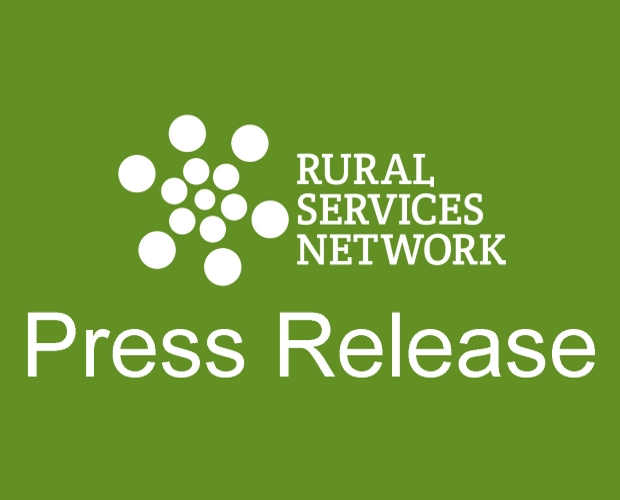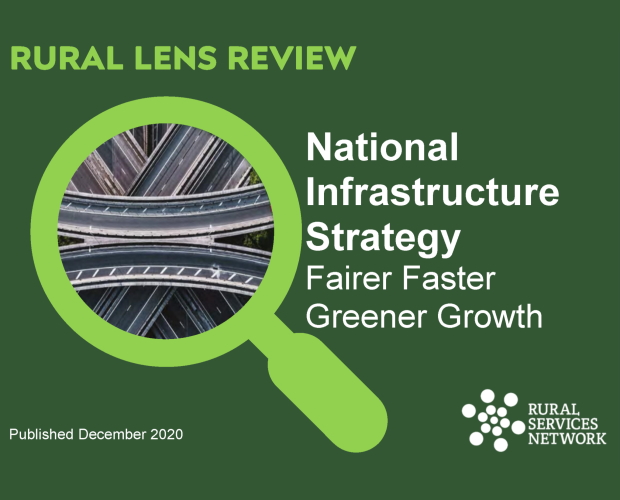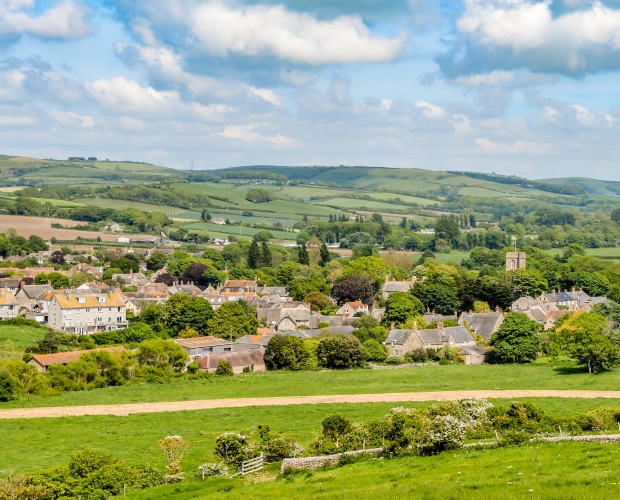T: 01822 851370 E: [email protected]
Visit RSN Survey about life in rural England to find out more.
Following the chancellor’s delivery of the budget, papers including the Guardian and The Financial Times have reported on calls for the Government to publish the criteria by which £4.8bn of ‘levelling up’ funds are being allocated, as Labour Leader Keir...
An article written by Graham Biggs (Chief Executive of the Rural Services Network) has been featured by the The Yorkshire Post and this can be read below. The Rural Services Network has highlighted (again) that rural areas, like those...
New economic research reveals government spending per person on public infrastructure is 44% higher for urban areas than it is for rural areas. Rural Services Network, Britain’s Leading Edge, CPRE, the countryside charity and English Rural are calling on the...
With the Rural Services Network about to publish a new report on 1st March on how the countryside economies can be revitalised (Revitalising Rural: Realising the Vision) our Chief Executive featured on Farming Today to discuss how the countryside have...
Rosie Cooper MP (Lab) writes in Politics Home this week that countryside communities need to be protected by improving public transport in cut-off areas to ensure amenities stay accessible to everyone She argues that rural constituencies have been ‘pushed aside’...
Business news publishing platform Marketing Stockport has reported on calls from regional leaders following the Government’s plans to reduce funding for a number of transport initiatives across Northern England, with many describing the cuts as ‘levelling down’ The news of...
The National Infrastructure Strategy was launched on 25th November at the same time as the one year Spending Review In recent weeks the Rural Services Network has published a ‘Rural Take’ on the Spending Review and turns its attention now...
The Open Access Government feature the thoughts of Professor Jeremy Phillipson, Director of the National Innovation Centre for Rural Enterprise and Paddy Bradley, CEO of Swindon and Wiltshire LEP on unlocking the contribution of rural enterprise and “levelling up” Over many decades,...
NEWSLETTER
Sign up to receive all our latest news and updates.
HOT TOPICS
Amid reduced public spending, fair resource allocation across regions is crucial. Despite a population larger than Greater London, rural areas receive significantly less funding for essential services, even though delivering these services in rural areas is more expensive.
Economic growth is widely acknowledged as essential for national wealth and prosperity and is a priority for political parties. Rural economies, employing millions and home to a higher proportion of small businesses, have potential for growth if barriers are removed.
Rural residents face distinct healthcare challenges, including limited access to transport, longer distances to medical facilities, an aging demographic, housing inadequacies, digital connectivity gaps, and difficulties recruiting health and care workers.
Rural communities are grappling with a severe affordable housing crisis, marked by high house prices, a lack of affordable housing, elevated living costs, and lower incomes, threatening their sustainability and vitality.
Transport is vital for the quality of life and economic health of rural areas, yet it faces challenges such as infrequent public bus services and less Government funding compared to urban regions.
Rural areas, encompassing a substantial portion of England's population and land, play a pivotal role in combating climate change and achieving the net zero target.
In an increasingly digital world, the lack of robust digital infrastructure in rural areas severely limits access to crucial services and stifles economic growth.
A future-focused vision for rural communities involves not just building the right homes in the right places but also ensuring thriving, sustainable communities.
SIGN UP TO OUR NEWSLETTER
Sign up to our newsletter to receive all the latest news and updates.











